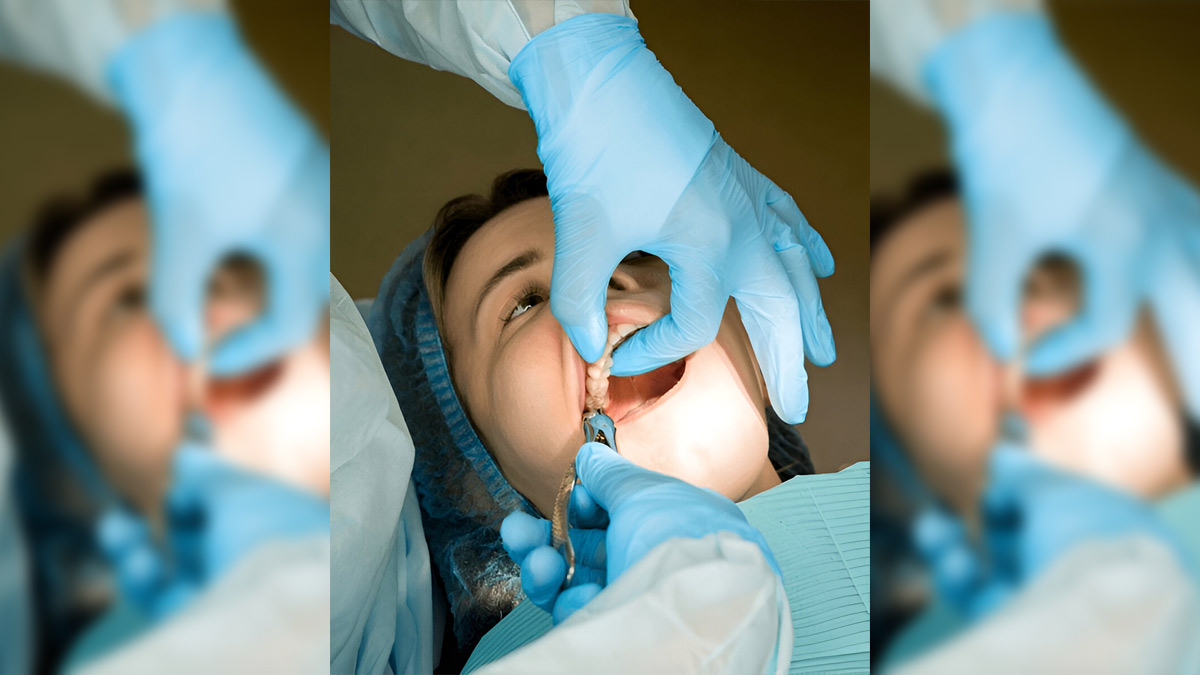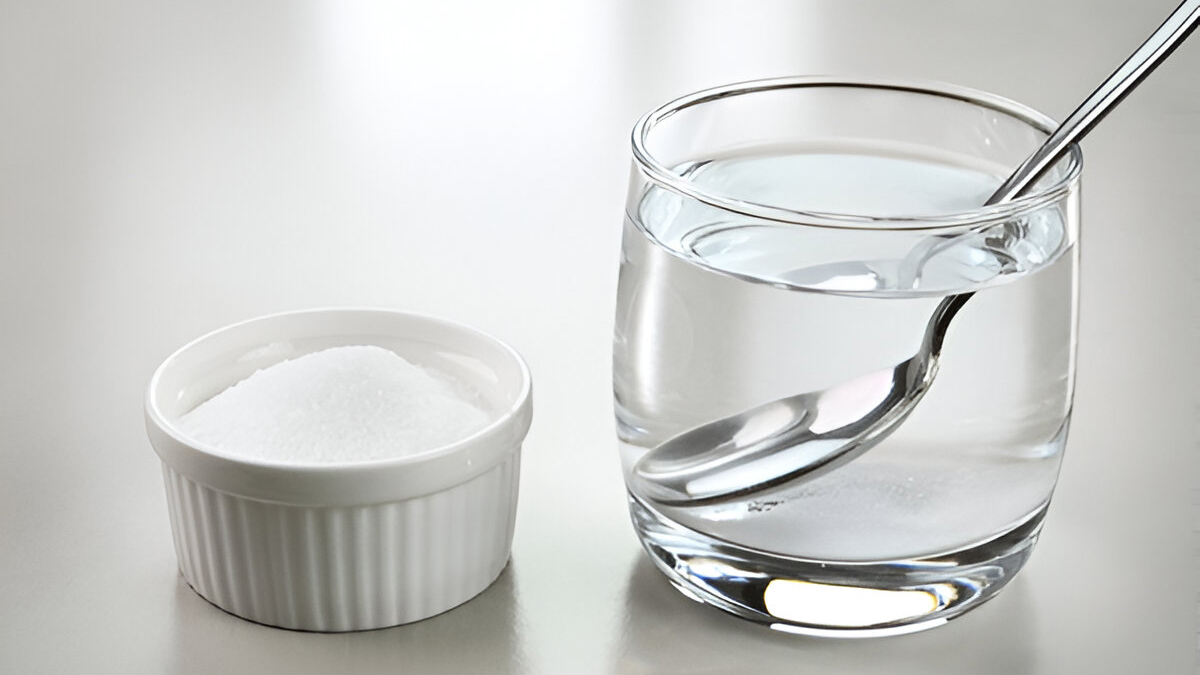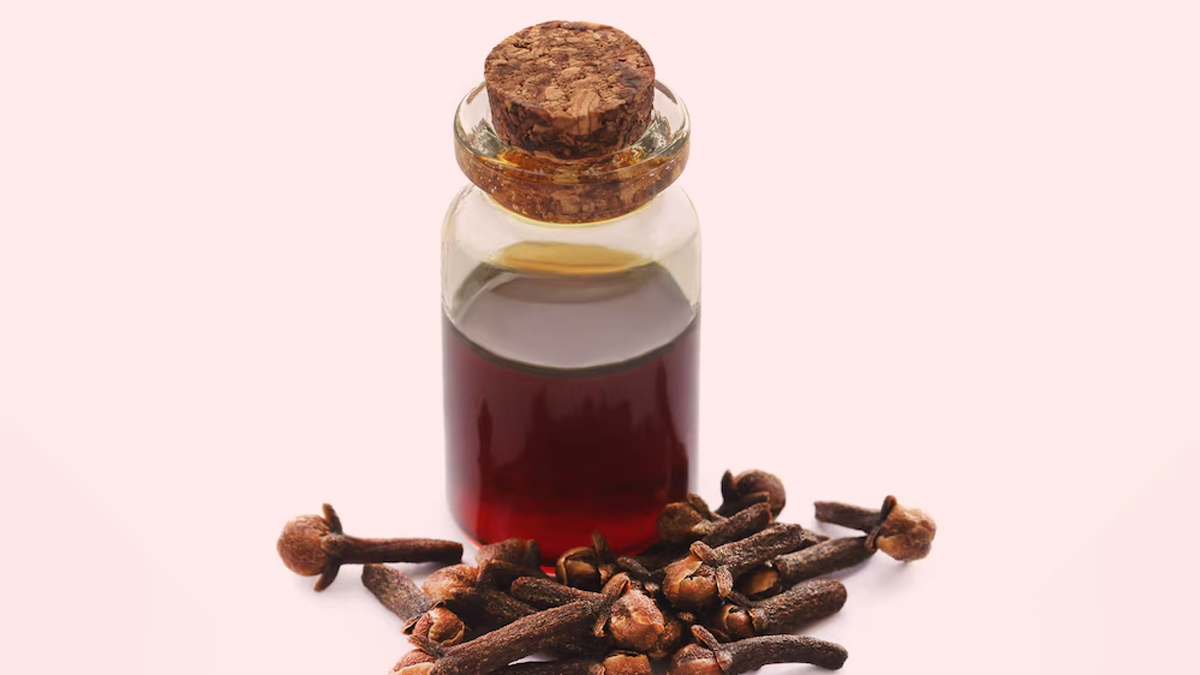Dealing With Dry Socket Pain? Try These Home Remedies To Say Goodbye To Pain
If you've recently had a tooth extracted and are now dealing with a throbbing, persistent pain that radiates to your ear or jaw, chances are, you're experiencing what's commonly known as a dry socket. And yes, it’s exactly as uncomfortable as it sounds. But before you panic, know this: there are simple, natural ways to ease the pain right at home while your body heals.

Dry socket, medically known as alveolar osteitis, is a common complication following tooth extractions, especially with wisdom teeth. Normally, a blood clot forms at the extraction site, providing a protective barrier for the underlying bone and nerves during the healing process. However, in some cases, this clot may dissolve or become dislodged prematurely, leaving the socket exposed to air, food, and bacteria. This leads to significant pain that is often sharp, and throbbing, and tends to worsen over time.
According to the Cleveland Clinic, dry socket affects about 2-5% of all tooth extractions and usually develops within the first three days after your dentist removes a tooth.
While a visit to the dentist is a must for proper treatment, here are some home remedies that can bring temporary relief and support your recovery.

A warm saline rinse is one of the oldest and most effective home remedies to reduce pain and clean the affected area.
If the ache is radiating to your jaw or cheek, a cold compress can be an instant solution.

Used in dentistry for centuries, clove oil is a natural anaesthetic and antiseptic that can help alleviate pain and combat bacteria.
Turmeric isn't just for curries, it’s a healing superstar with antimicrobial and anti-inflammatory properties.
Black tea has tannic acid, which possesses natural antibacterial and astringent qualities.

Drink lots of water to maintain mouth moistness and avoid infection. Avoid straws (the suction could dislodge the clots) and eat soft, cool foods, such as yoghurt, smoothies, mashed potatoes, and soups.
Both slow down healing and can interfere with blood clot formation. If you smoke, this is a good excuse to take a break, for your mouth's sake.
Home remedies can soothe the pain, but they’re not a replacement for professional care. Visit your dentist if:
[ This article contains information provided by an expert and is for informational purposes only. Hence, we advise you to consult your professional if you are dealing with any health issue to avoid complications.]













